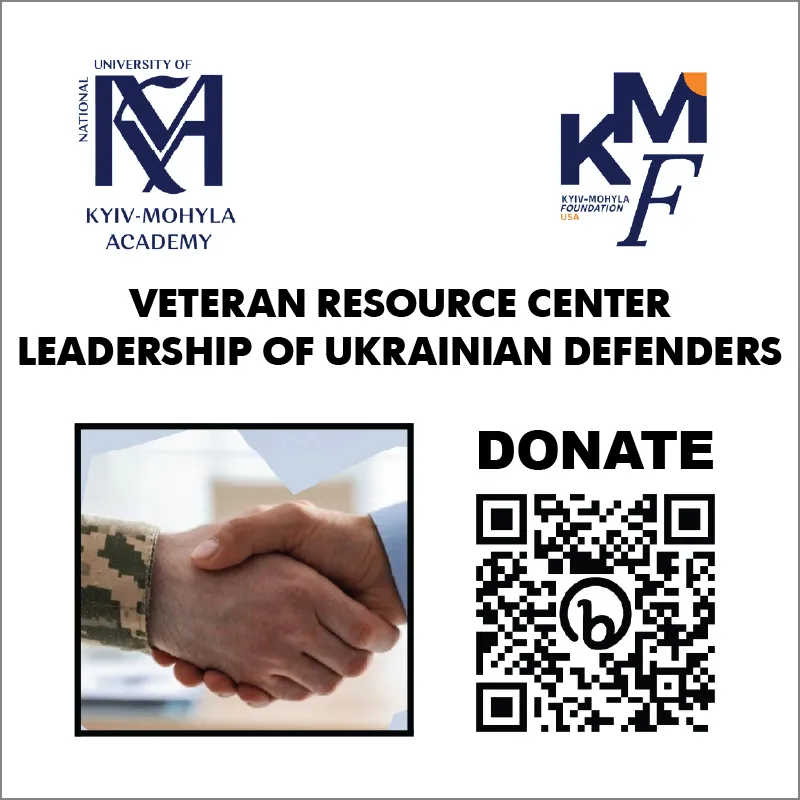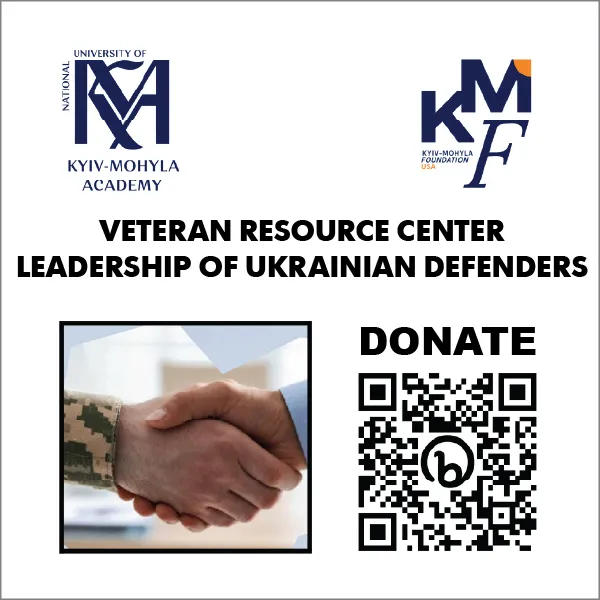
April. Negotiations and terror
The brief meeting of the presidents of the United States and Ukraine in Rome at the funeral of Pope Francis was a symbolic culmination of many weeks of negotiations to end the Russian-Ukrainian war. Before this meeting, President Trump’s special representative, Steve Witkoff, had met repeatedly with Russian President Vladimir Putin. Each time we heard about progress in the negotiations between the United States and Russia, but this progress remained imperceptible. Except that the shelling of peaceful Ukrainian cities intensified and the number of dead increased. Putin continued to use the negotiation process with President Trump’s administration as an instrument of terror against Ukraine.
The Russian president’s tactic is to stall negotiations with his American counterpart in the hope that after a certain period of time military aid to Ukraine will cease because the package that was directed to the Armed Forces of Ukraine by the previous administration will run out. There will be no new aid, and thus the conditions will be created for a more successful offensive of the armed forces of the Russian Federation on the positions of the Armed Forces of Ukraine. Meanwhile, civilians can be killed.
It seems that this situation is increasingly unsatisfying for the American president himself. If after the strike on Sumy he spoke of a mistake, then the strike on Kyiv caused him frank rejection. Trump began to suggest that Putin does not really want peace and is trying to deceive him, which means that new sanctions will have to be applied. Of course, these threats are unlikely to scare the Russian president, who has been living under Western sanctions for more than three years, and if we recall the times of the annexation of Crimea ‒ as many as 11 years. He has fully adapted to the new economic regime, being in partnership with the main competitor of the United States ‒ the People's Republic of China.
However, we have already seen that the process of negotiations with Trump is necessary for Putin. Perhaps not so much from an economic point of view as from a political one. The Russian president wants to be one of the world's rulers. This status, from his point of view, can only be achieved through dialogue with the American president and the Chinese president Xi Jinping at the same time. Being on Red Square next to the Chinese president on May 9 and not being in dialogue with the president of the United States does not suit Putin. Putin obviously does not want the United States to withdraw from the negotiations. Perhaps this will be Donald Trump's main trump card in further communication with Vladimir Putin. If the Russian president really wants his American counterpart to stay in touch, he will have to make concessions, including regarding a ceasefire on the Russian-Ukrainian front. But it is still unknown what is a priority for Putin ‒ negotiations with Trump or the continuation of the war.
Putin himself is carefully preparing for the possibility that the United States will realize his unwillingness to end the war with Ukraine. He demonstrates a desire to be useful to America not only when it comes to peace in Ukraine. He discusses joint economic projects with Trump's representatives, because he understands how important the issue of economic success is for the US president. In addition, Putin seeks to be the main mediator in the Iranian-American negotiations. It is no coincidence that Witkoff visits Russia before each round of negotiations with Iranian Foreign Minister Abbas Araghchi. The issue of preventing the emergence of nuclear weapons in Iran has remained one of Donald Trump's top priorities since his first presidency. Putin knows this well. When it comes to storing nuclear fuel outside Iran, he becomes an indispensable interlocutor for both Washington and Tehran. And again the question arises: how much is the United States willing to risk these services for Putin if he refuses to end the Russian-Ukrainian war? Perhaps the coming weeks will provide an answer to this question. Perhaps we will understand that Iran, like Russia, is simply dragging out negotiations with the United States. Perhaps it will become clear that all these conditions that Moscow and Tehran are putting forward to stop the wars or abandon their nuclear programs are not conditions for a real agreement, but only a set of statements that allow negotiations to continue without resolving the real issues. This, by the way, is what the President of the United States himself is now openly talking about.
However, despite all these political calculations, it is worth remembering the lives of ordinary people who have become objects of Putin's terror. April was a difficult month, ending in mourning for the dead Kyivans, and this actually coincided with the Day of Remembrance of the Victims of the Chernobyl Disaster. These distant victims once again reminded us of Moscow's indifference to human life. When the Chernobyl nuclear power plant exploded near Kyiv, the leadership in Moscow initially thought only about preserving its own prestige and preventing the leakage of information about the real causes of the tragedy. The victims were ordinary people who could have been saved. I remember well how the people of Kyiv listened to reports from the Voice of America or Radio Liberty to learn how to escape the consequences of radiation, because their own television was silent. Even the republican leaders of Ukraine received reprimands from Moscow when they tried to save the health of their compatriots.
Now, in a similar situation, the leadership from Moscow is terrorizing the civilian population of Ukraine in order to persuade us to surrender to Russia. And all that remains is to hope for Western help, for a recipe for how to withstand Russian aggression, which is no longer a “radiation disease” but a real terror ‒ from the murder of women and children to the destruction of entire cities. So, that is why it is so important that the President of the United States and the leaders of European countries realize that the future of the West will be decided not only in negotiations with Putin, but in a clear demonstration that the West will not agree to the destruction of international law by one country, to the occupation of foreign territories, terror and crimes. After all, the lack of such understanding will turn us into spheres of influence of Russia or China, or into a joint Russian-Chinese sphere of influence, because one cannot help but notice how the partnership between Moscow and Beijing is strengthening. We must remain ready to confront those who want to destroy the world order. Donald Trump, who continues to consider China the greatest threat to America, should understand this better than many other American politicians.





